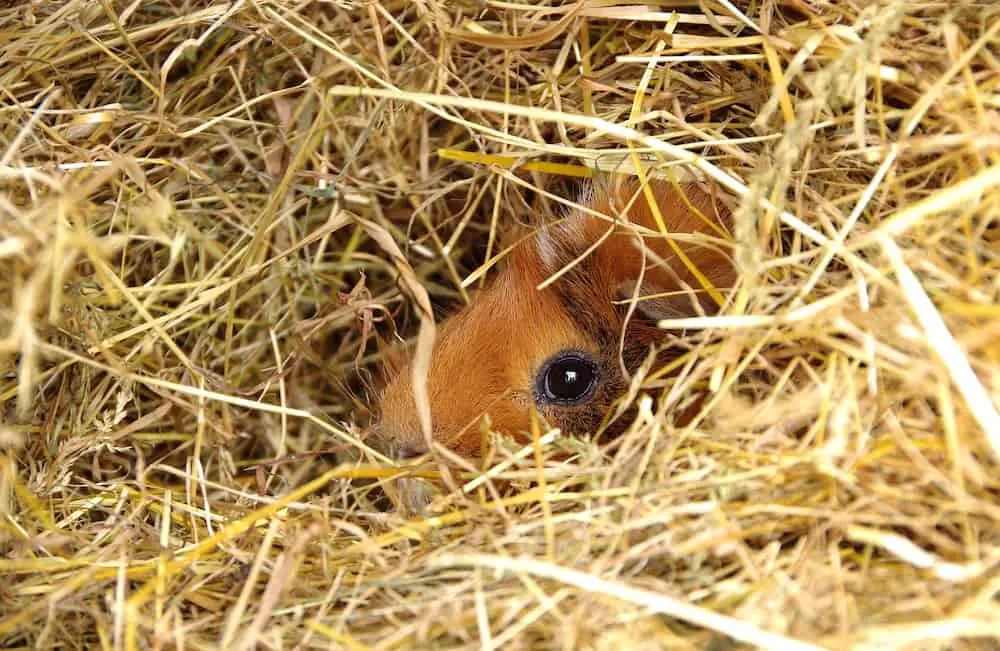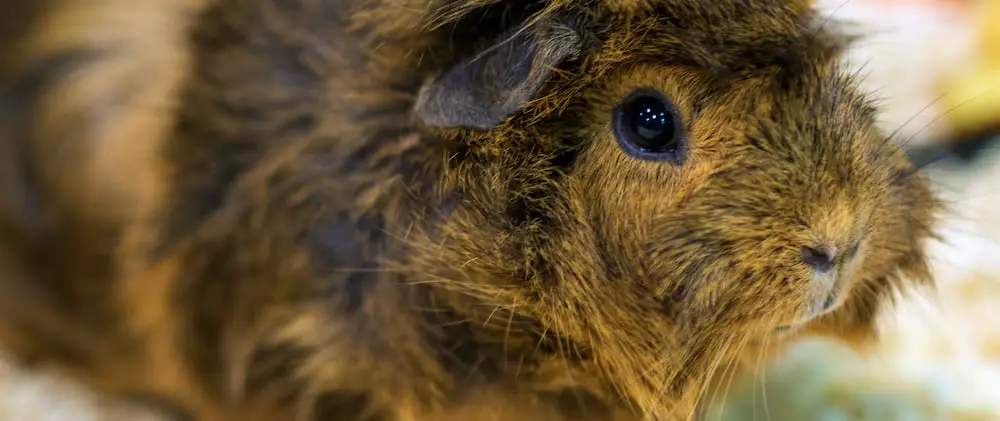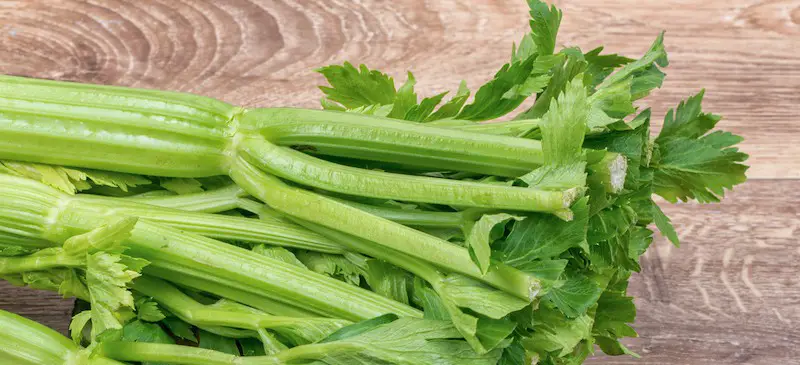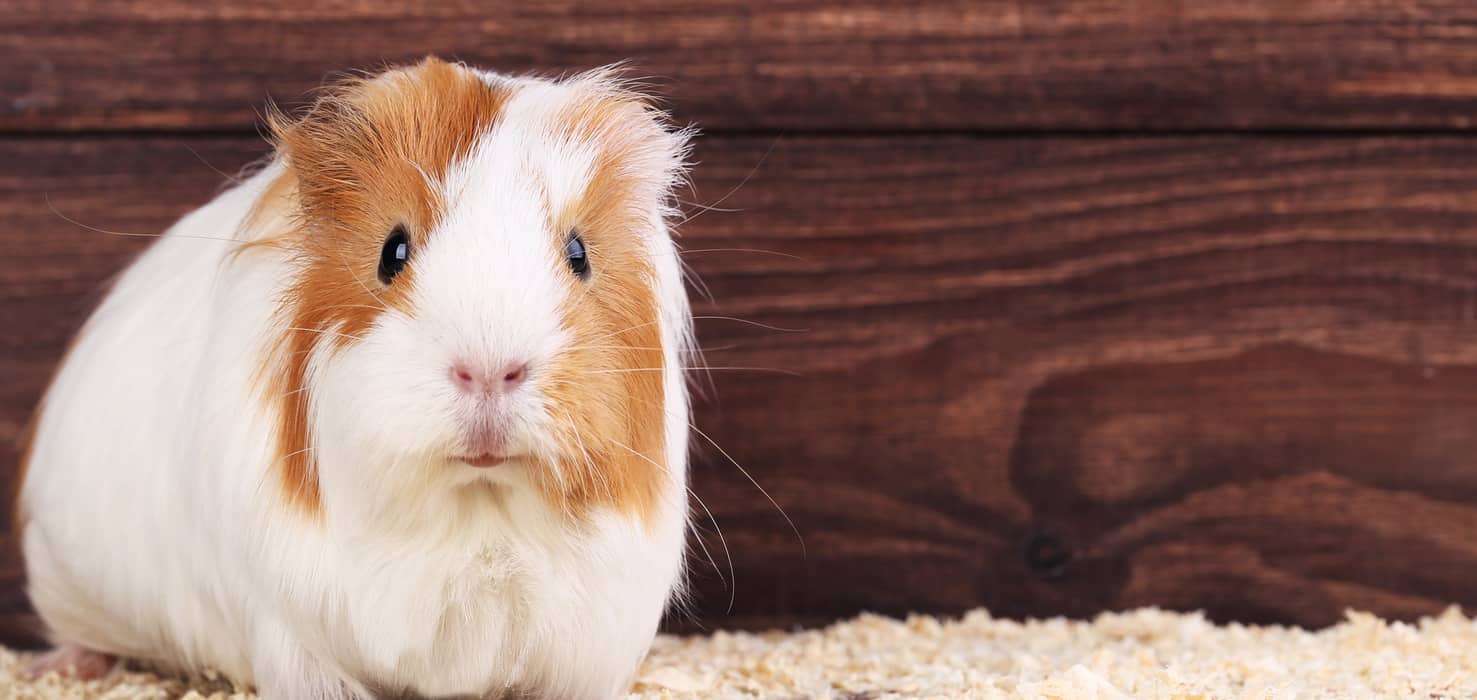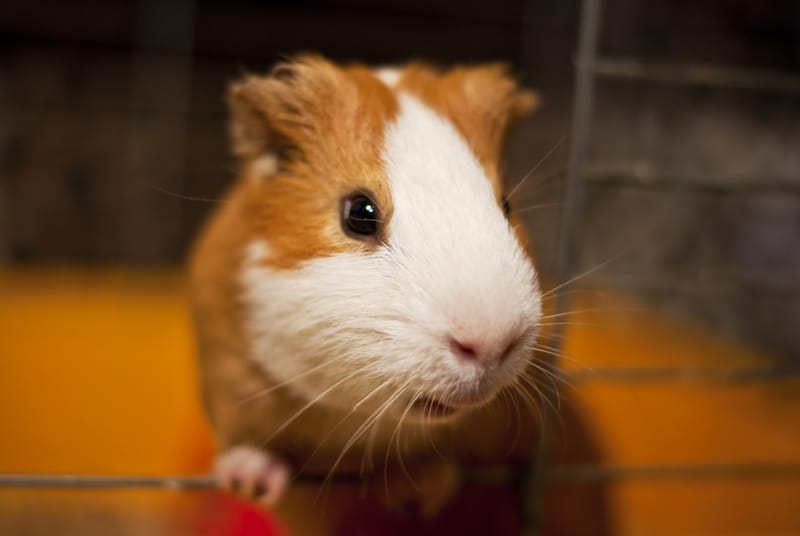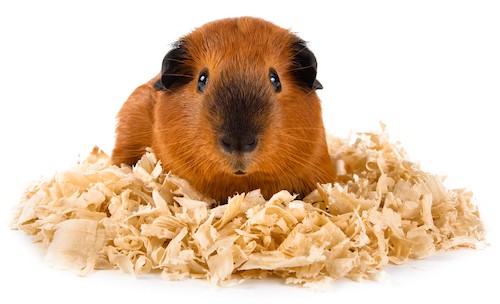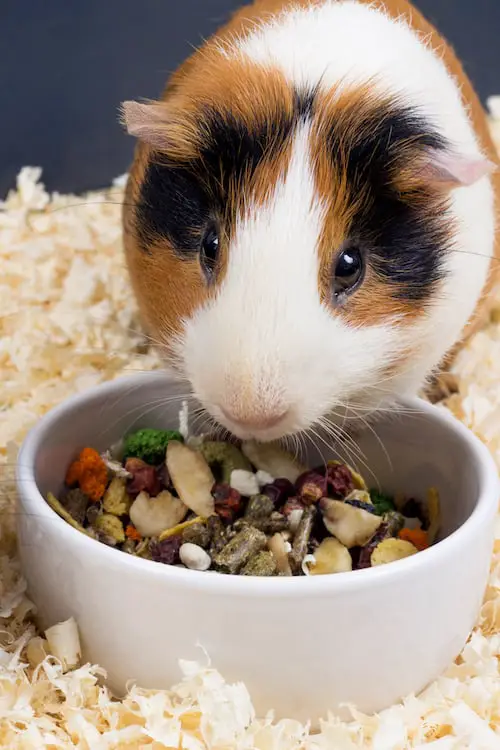Published on
Grapes make a nice treat for human beings on a hot day, but what about your pet – can guinea pigs eat grapes too? Could he enjoy a couple of juicy grapes as a snack?
Absolutely! Guinea pigs enjoy eating grapes, and you can give them a few. But you should keep it to a minimum. Fruit for guinea pigs is like candy for humans. Too much of it can make a guinea pig sick, develop diabetes, or make them obese.
That being said, it's okay to serve your guinea pig 1-2 grapes no more than 3 times a week. After all, these are fun for piggies. The fact they are shaped like a ball makes it enjoyable to "play with your food."
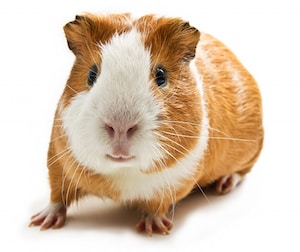
Let's get into a few more details on why guinea pigs can eat grapes, safe preparation, and nutritional value.
Are Grapes Safe for Guinea Pigs?
Absolutely, yes! Guinea pigs can eat grapes, but the key thing to remember is that they have to do so in strict moderation.
It means about 1 or 2 grapes per serving. Why so few?
The digestive system of a guinea pig is quite sensitive for starters. It can't handle all that sugar found in grapes.
Your guinea pig could experience stomach pain as well as digestive issues. The bacteria found in the gut of the guinea pig is more equipped to handle grains like Timothy hay as opposed to grapes.
Health Benefits: Are Grapes Good for Guinea Pigs?
Wondering about the benefits of serving your guinea pig a grape or two? Here's the scoop on the "good stuff" about serving these juicy fruits.
Contains Vitamin C
Guinea pigs cannot produce Vitamin C on their own. So, they need to get it from outside sources, like fruits, dietary supplementation, and their pellets. Without this vitamin, guinea pigs run the risk of developing scurvy.
Gives Them Energy
Grapes contain Vitamin B6, which is vital in getting our body the energy it needs to perform its daily functions. Your cavy will enjoy the Vitamin B6 energy boost he gets from grapes.
Protects Against Free Radicals
Antioxidants are found in grapes, and this helps fight the free radicals in your guinea pig's body. It will boost his lifespan and improve his health. After all, free radicals can do serious damage to your body's cells. In humans, they cause cancer.

Promotes Good Heart Health
A healthy heart is vital to a healthy piggy! Grapes contain potassium, and this helps in keeping blood pressure at safe levels. Safe blood pressure numbers are crucial to having a healthy heart and helping a guinea pig live the best life possible.
Promotes Healthy Bones
Most of the time, we think of milk as the place to get your calcium. As a cavy, you cannot drink milk, so what's the solution? How about a grape or two? Minerals like calcium, magnesium, potassium, and manganese are assets to your guinea pig's bone structure, keeping it strong and in good repair.
Provides Water
Guinea pigs should always have access to water, but having a grape is an excellent way to stay hydrated. The fruit is mostly comprised of water, making it a fun way to cool off on a hot day and also get some much-needed vitamins and hydration. (Special note: This is NOT a substitute for freshwater for your guinea pig. Your cavy should have unlimited access to water 24 hours a day, especially on very warm or dry days).
Nutritional Values: What's in A Grape?
Your typical seedless grape has just 3 calories, .01 g of fat, and .90 carbs.
You will find these are a powerhouse of nutrition. Per 100g of grapes, you get:
- 18g of carbs
- 191 mg of potassium
- .9g of fiber
- 7 mg of magnesium
- 10 mg of calcium
- 11 mg of vitamin C
Other great vitamins your piggy will enjoy when eating grapes include vitamins B6, B2, B1, C6, and A.
They are also loaded with other minerals like copper, iron, and phosphorus, and compounds such as lycopene and beta-carotene are also part of grapes.
How Often Should I Feed My Guinea Pig Grapes?
If you are feeding grapes for the first time, start by giving them just one or two to begin.
Keep an eye on them for 24 hours to see how they fare. If the guinea pig does well, you can give them 1-2 grapes no more than 3 times per week. Some find it easier to cut the grapes into halves, so it is easier for smaller piggies to eat them.
How to Prepare Grapes for Your Guinea Pig?

Good preparation begins with shopping smart at your local market. What do we mean by this?
- For starters, visually inspect the grapes to make sure they are not moldy, discolored, or otherwise unappealing. Soft grapes are not a good idea, as this is usually a sign that they are not good to eat anymore.
- Think about yourself when you are shopping for grapes. Would you eat the grapes? If so, your guinea pig should, too. If not, put them back.
- Always opt for organic when possible. It ensures that no harmful additives or pesticides were used in growing the grapes.
- When you get the grapes home, wash them thoroughly under running water. Pick off and discard any leaves.
After this, they will be safe for your piggy.
Can Guinea Pigs Eat Grapes with Seeds?
No, guinea pigs should not eat grapes with seeds inside.
There are two reasons for this:
- Guinea pigs could potentially choke on the seeds.
- Seeds can be difficult to handle for their small digestive systems
On this note, it is also advised that owners avoid pellet mixes that feature seeds, as these seeds may get stuck in the teeth of the guinea pig. It may also promote "selective eating," where the cavy eats only what they want, not the entire pellet.
Are Grapevine Leaves Safe for Guinea Pigs?
Clean grape leaves are not harmful to guinea pigs. However, it is not encouraged to feed the leaves to your guinea pig because these leaves could have been exposed to pesticides or animal droppings.
So yes, grapevine leaves are safe- however, given that we cannot verify what has touched them, it would be wise to play it safe and discard them, so your guinea pig doesn't inadvertently eat something harmful.
Can Guinea Pigs Eat Raisins (Dried Grapes)?
Raisins are actually excellent for guinea pigs to eat, but they also should be served in moderation.
Raisins are nothing more than dried grapes, but they are still quite high in sugar.
They can lead to health issues like obesity and diabetes if fed to your cavy in excess.
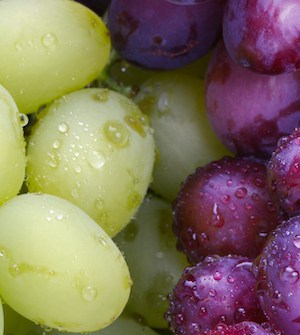
The best thing to do? Keep their raisin intake low. Keep it at about 1 to 2 raisins per serving. It will help your piggy avoid those digestive issues and diarrhea we discussed earlier. And NEVER serve your guinea pig yogurt-covered or chocolate-covered raisins.
Conclusion
Let's summarize the main things we've learned today about grapes and guinea pigs.
- Guinea pigs can eat grapes but in strict moderation.
- 2 grapes 3 times per week is the maximum.
- Avoid seeded grapes and discard the leaves.
- Make sure to wash them thoroughly before serving.
Enjoy giving your cavy these sweet and nutritious treats!
